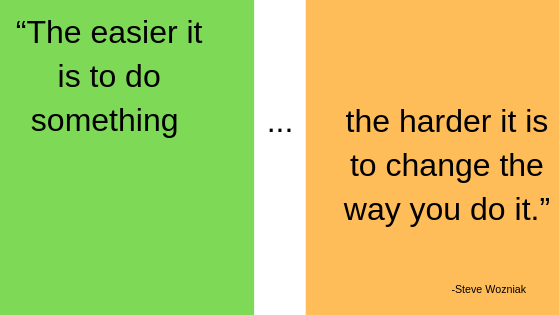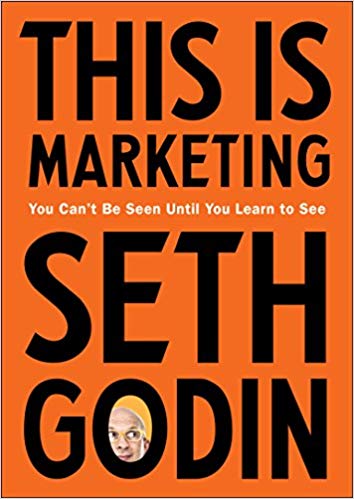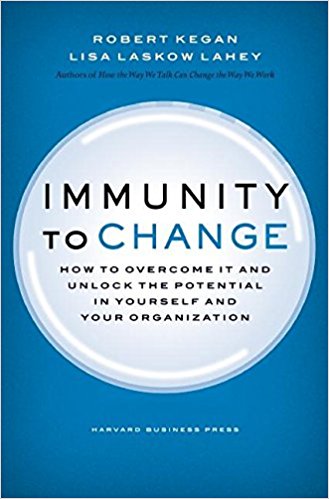“The future has already arrived. It’s just not evenly distributed yet.”
—William Gibson, American/Canadian speculative fiction writer

Image from Unsplash by Joshua Sortino
In his book, BOLD, Peter Diamonadis shares many interesting aspects of our global community, including a variety of new technologies creating exponential changes in our world.
His Six D’s of Exponential Organizations, detailed HERE are:
- Digitization
- Deception
- Disruption
- Demonetization
- Dematerialization
- Democratization
The Six D’s help us look at technologies and perhaps why they can lead to both upheaval and opportunity.
EXERCISE:
Consider picking up a copy of Peter’s book to increase your own awareness of the future that has already arrived. See where and how you can participate in the distribution process, to better your personal world and the world in general.









